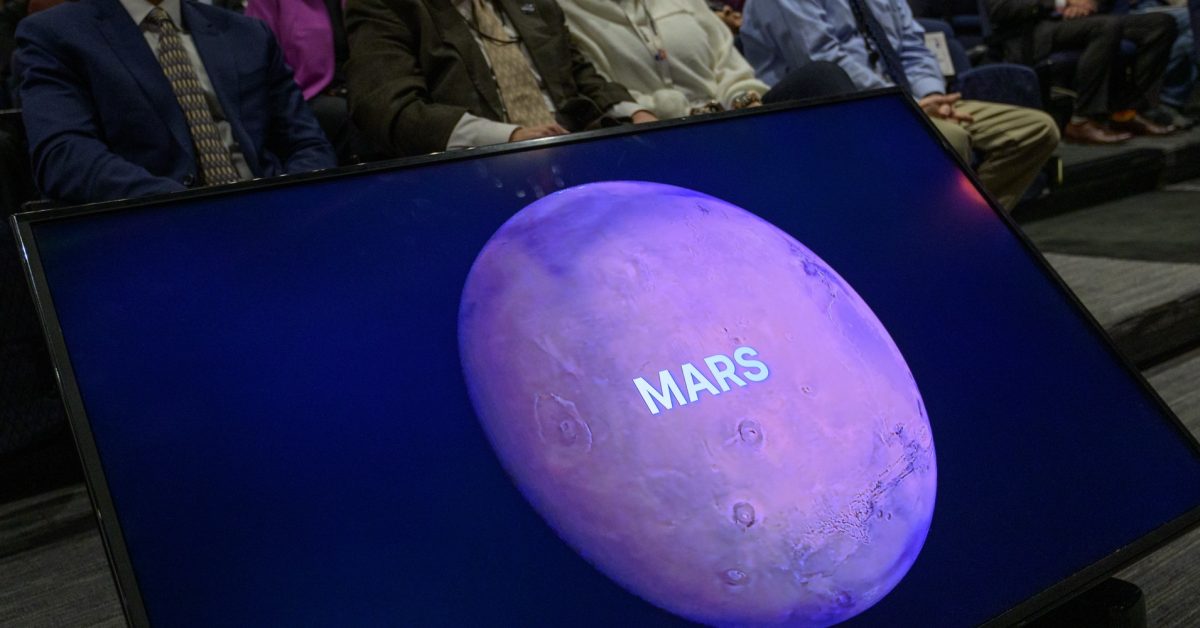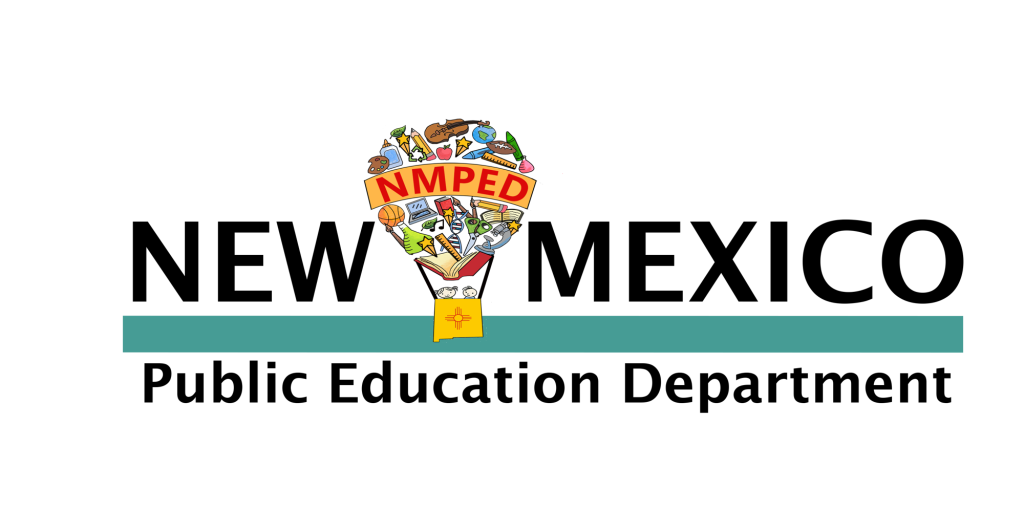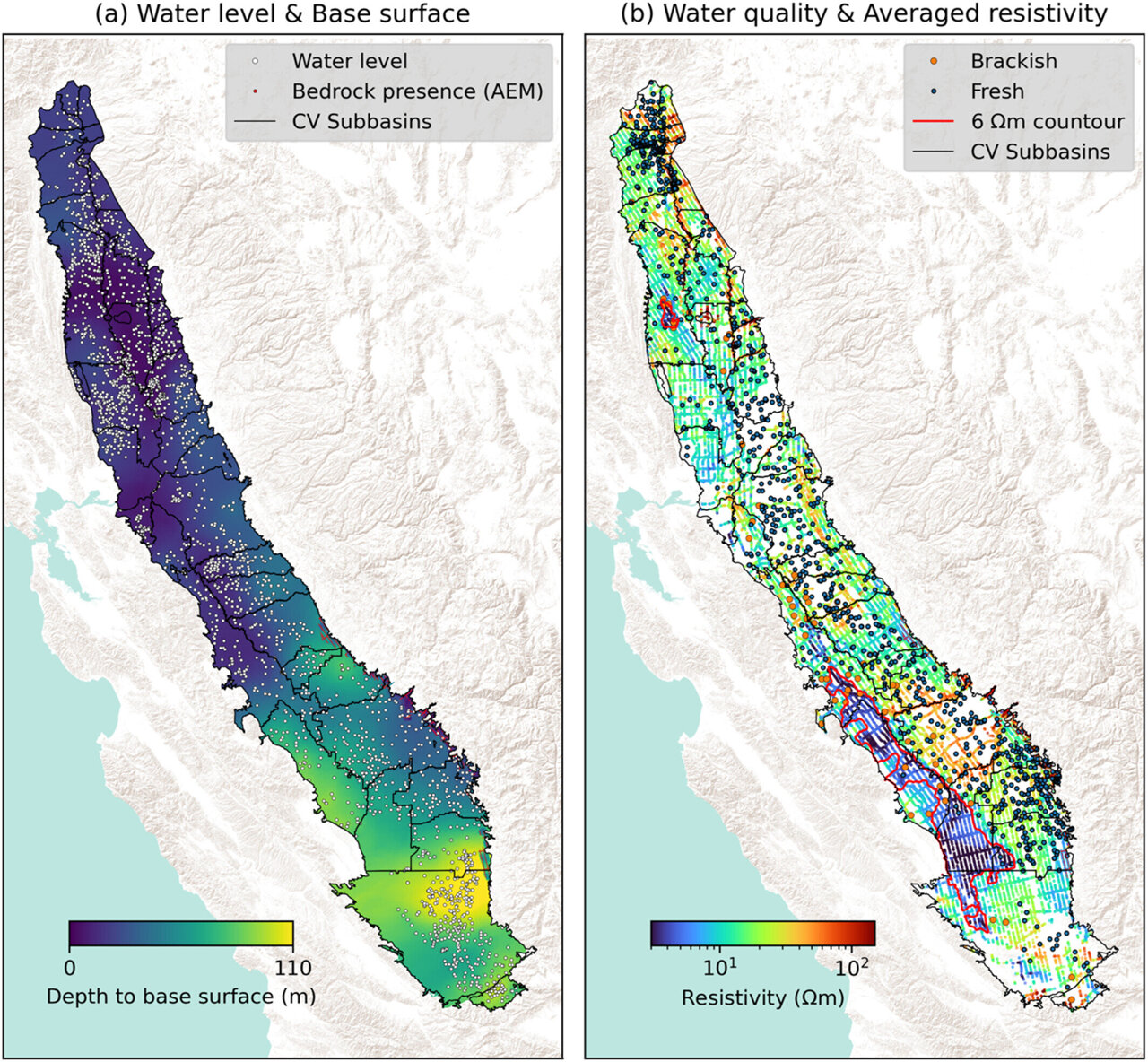NASA Budget Squeeze: Billionaire Astronaut Warns of Potential Science Setbacks
Science
2025-04-25 11:09:10Content
In a recent statement, NASA administrator nominee Jared Isaacman has signaled his commitment to space exploration priorities, suggesting that the Artemis lunar program would take precedence over human missions to Mars if resources become constrained. While acknowledging the importance of Mars exploration, Isaacman emphasized the critical nature of the lunar mission.
The potential reduction of NASA's science funding by half drew criticism from Isaacman, who described such a scenario as "not optimal." His comments underscore the delicate balance between ambitious space exploration goals and the financial resources required to achieve them.
Isaacman, known for his own space ventures, including the Inspiration4 mission, brings a unique perspective to NASA's leadership. His stance indicates a pragmatic approach to space exploration, prioritizing strategic missions that advance human presence in space while being mindful of budgetary considerations.
As NASA continues to push the boundaries of space exploration, Isaacman's potential leadership suggests a focus on maintaining momentum in lunar exploration while keeping future Mars missions on the horizon.
Space Exploration Crossroads: Isaacman's Bold Vision for NASA's Future Missions
In the rapidly evolving landscape of space exploration, potential leadership changes at NASA are sparking intense debates about strategic priorities and scientific funding. As the space agency stands at a critical juncture, emerging voices are challenging traditional approaches and proposing innovative pathways for humanity's cosmic ambitions.Navigating the Delicate Balance of Space Exploration Priorities
The Strategic Dilemma of Artemis and Mars Missions
Jared Isaacman, a prominent figure in commercial space exploration, has emerged as a potential game-changer in NASA's leadership trajectory. His candid perspective reveals a nuanced understanding of the complex trade-offs inherent in space mission planning. By openly acknowledging the potential necessity of prioritizing the Artemis lunar program over Mars expeditions, Isaacman demonstrates a pragmatic approach to resource allocation and mission sequencing. The potential prioritization of Artemis represents more than a mere administrative decision; it reflects a strategic recalibration of NASA's long-term exploration goals. Lunar missions offer critical technological proving grounds and scientific opportunities that could fundamentally reshape our understanding of human space exploration capabilities. Isaacman's willingness to make difficult choices suggests a leadership style focused on practical outcomes rather than idealistic projections.Funding Challenges in Scientific Research
The prospect of potential science funding reductions presents a significant challenge for NASA's research ecosystem. Isaacman's characterization of potential budget halving as "not optimal" understates the profound implications such a cut would have on scientific innovation. These potential funding constraints could dramatically impact ongoing research initiatives, technological development, and the broader scientific community's ability to pursue groundbreaking discoveries. Scientific research at NASA represents a complex network of interdependent projects, where funding reductions can create cascading effects across multiple disciplines. From planetary exploration to climate research, each reduction threatens to diminish the agency's capacity to generate transformative knowledge. Isaacman's commentary suggests an awareness of these intricate dynamics and a commitment to preserving scientific integrity.The Evolving Landscape of Space Exploration Leadership
Isaacman's potential leadership represents a new archetype of space exploration management—one that bridges commercial innovation with traditional governmental scientific approaches. His background in private space ventures provides a unique perspective on balancing ambitious goals with pragmatic constraints. This approach could herald a significant shift in how space exploration programs are conceptualized and executed. The intersection of private sector dynamism and governmental scientific infrastructure presents unprecedented opportunities for technological advancement. Isaacman embodies a generation of space leaders who view exploration not as a competition between public and private entities, but as a collaborative ecosystem driving human knowledge and capability forward.Technological and Scientific Implications
Beyond immediate mission considerations, Isaacman's perspective highlights the broader technological and scientific implications of strategic space exploration decisions. Each mission represents not just a destination, but a complex technological challenge that pushes the boundaries of human engineering and scientific understanding. The potential prioritization of Artemis could accelerate lunar infrastructure development, creating foundational technologies that might prove crucial for future deep space exploration. By maintaining a flexible yet focused approach, NASA can continue to position itself at the forefront of human space exploration, adapting to emerging challenges and opportunities.RELATED NEWS
Science

Beyond Silicon Valley: How Black Innovators Are Reshaping Tech's Creative Landscape
2025-03-14 07:28:46
Science

Local Prodigies Shine: High School Students Clinch Gold at Prestigious Science Olympiad
2025-03-20 12:00:00
Science

Silent Giants: The Mysterious Forest Dwellers Scientists Never Saw Coming
2025-03-29 19:00:19





